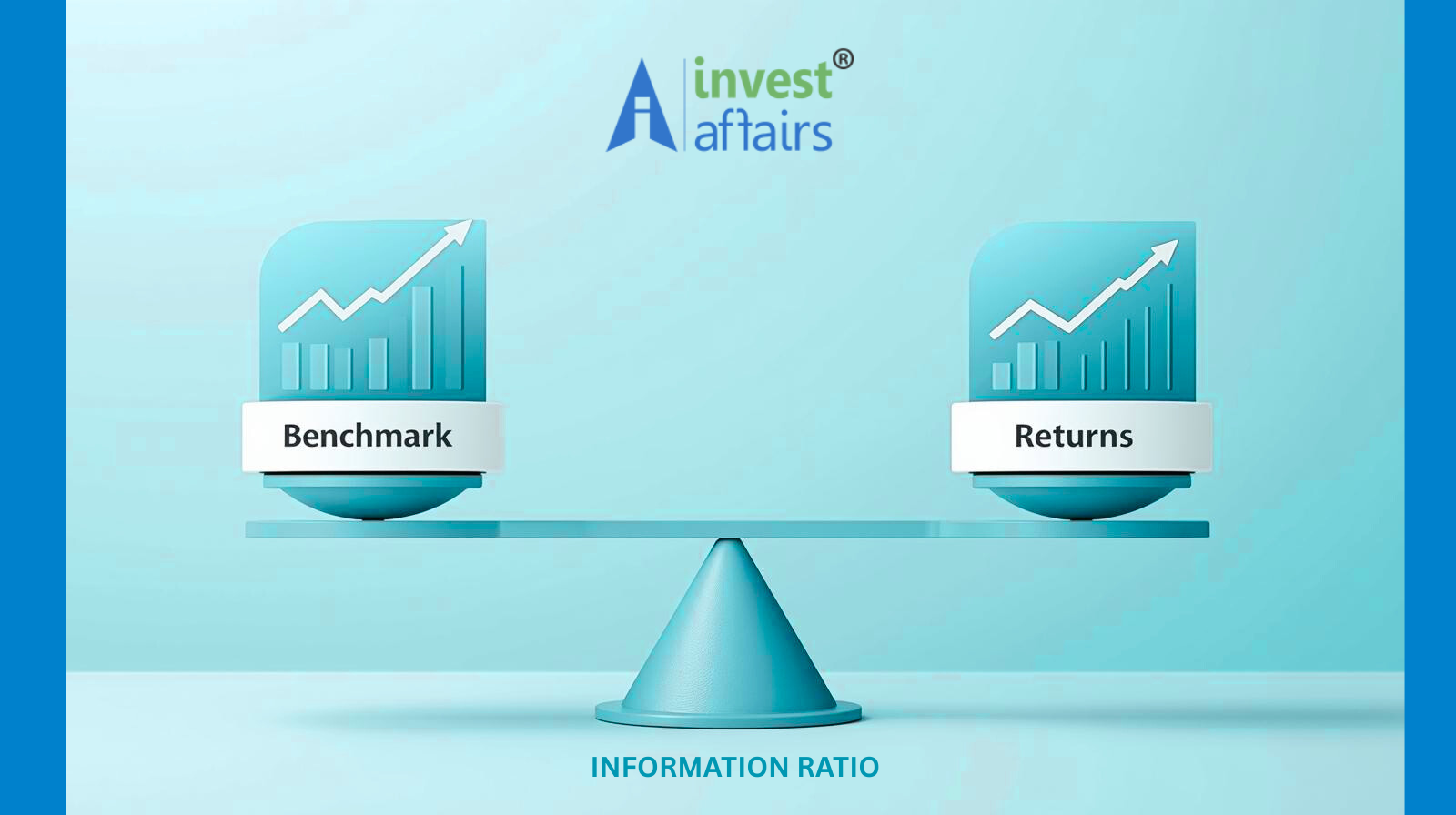CASE STUDY 4
Client Profile
Client: Housewife, jobless, supportive spouse, inadequate financial knowhow
Situation: Keen on investing through mutual funds, first time investor, keen to learn goal-based investment.
We have many clients who do not have a job or salary to look forward to at the end of the month, yet they are a significant part of our clientele. They play a very important role in building the foundation of our society but a major chunk of this very society either ignores them or disregards their contribution, which is very unfortunate. This tribe is called “Housewife” or “Homemaker” which is more gender-neutral and acceptable. Here, we will use the old-fashioned term ‘housewife’ mostly to accentuate our perspective about mindsets related to their societal status and providing insights on investing despite zero or meagre income.
By definition, “A housewife is a woman whose work comprises of running or managing her family’s home.” Her task list includes caring for her children; buying; cooking and storing food for the family; buying goods that the family needs for everyday life; housekeeping; cleaning and maintaining the home; mending; supervising maids etc. etc. Although this is a lot of hard work, still she performs all her duties with love. Some people respect this job, and some do not. For most it is just a duty or an established ‘non-paying’ job. Despite their contributions, they are frequently disregarded or ignored. Unfortunately, society may view this role as a mere obligation or unpaid labor.
In contemporary times, women have the choice to be financially independent or rely on their spouses for support. Opting to be a stay-at-home parent should not diminish the value of their contributions, despite societal perceptions labeling them as jobless. Housewives demonstrate resilience by adeptly saving funds to address family emergencies, a practice deeply ingrained in many cultures. Various factors drive the need for financial security among housewives. Some may face partners who prioritize personal interests over shared goals, prompting them to safeguard resources for unforeseen circumstances. Overall, housewives navigate societal expectations and personal challenges with grace, their ability to save for the future showcasing their strength and foresight.
There is nothing wrong in it if you have taken a decision to be a stay-at-home parent but be prepared to be tagged as jobless even though you are dedicating your time and energy towards nurturing another being. Nevertheless, this resilient tribe called housewives is blessed with a knack of saving a sum that comes handy whenever a family faces a crisis. Hiding or stashing away some cash by housewives is an age-old practice at least in our country. The reasons and methods of saving cash could be many:
 One of the spouses may not be entirely invested in the relationship or shared goals. The husband could be a self-absorbed person, who worries only about his self-interest. This is one such situation where not only the housewives but also the working and independent women stash away some money for meeting emergency situations. Women who suffer from low esteem usually tend to suppress their demands (needs and wants of jobless people often designated as demands). To stay self-self-reliant the only way left to her is the pocket money that the husband provides in the name of financial support. Or her savings could comprise of a meagre sum she manages to set aside every month from the monthly expenditure
One of the spouses may not be entirely invested in the relationship or shared goals. The husband could be a self-absorbed person, who worries only about his self-interest. This is one such situation where not only the housewives but also the working and independent women stash away some money for meeting emergency situations. Women who suffer from low esteem usually tend to suppress their demands (needs and wants of jobless people often designated as demands). To stay self-self-reliant the only way left to her is the pocket money that the husband provides in the name of financial support. Or her savings could comprise of a meagre sum she manages to set aside every month from the monthly expenditure
 Oftentimes even the working/salaried women also find it difficult to buy freedom with money. It hurts their self-respect when they are expected to be answerable for every purchase, every gift that they buy, or help someone financially. The situation is obviously much worse for the housewives. But the less fortunate tribe is a true fighter. They find ways to create their own wealth. They have been doing it since ages, like forever, either by buying gold, hiding cash in nooks and corners beyond one’s imagination or keeping the extra cash in the folds of their sarees and several other ways.
Oftentimes even the working/salaried women also find it difficult to buy freedom with money. It hurts their self-respect when they are expected to be answerable for every purchase, every gift that they buy, or help someone financially. The situation is obviously much worse for the housewives. But the less fortunate tribe is a true fighter. They find ways to create their own wealth. They have been doing it since ages, like forever, either by buying gold, hiding cash in nooks and corners beyond one’s imagination or keeping the extra cash in the folds of their sarees and several other ways.
 According to us another category that saves money from household expenditure is a ‘habitual saver’. They are not income earners but love to save and see their savings grow. They have substantial control over the daily household budget, they are opinionated, spouses share and discuss domestic finance with them. These women have full independence on how they use their cash they receive as gift from their family members or as inheritance. They can easily splurge or misuse supplementary credit cards in the name of therapeutic shopping or various other useless things, but they choose to save and stash away cash for emergencies.
According to us another category that saves money from household expenditure is a ‘habitual saver’. They are not income earners but love to save and see their savings grow. They have substantial control over the daily household budget, they are opinionated, spouses share and discuss domestic finance with them. These women have full independence on how they use their cash they receive as gift from their family members or as inheritance. They can easily splurge or misuse supplementary credit cards in the name of therapeutic shopping or various other useless things, but they choose to save and stash away cash for emergencies.
 It is the fourth category that can be motivated to start investing in a systematic manner as they are not answerable to anyone, and very disciplined with the amount that they stash away. Our clients, with their occupation mentioned as ‘housewife’, belong to this category. Our experts had to invest a lot of time in explaining that this is their “Idle Cash” which they need to put into work. After several discussions circling around their goals and objectives, our experts mapped their investments to their financial goals. They were requested to give their investments some time to grow before we could prove our point to them. Till they started investing, their hidden stash or money in their ‘gullaks’ (piggy banks) were not generating any investment income. Once that idle cash got parked in mutual funds, they saw the amazing returns that their savings were yielding, and this made them more secure and enthusiastic about planning their goals. The clients either started their investments with a lump sum or an *SIP or a combination of both.
It is the fourth category that can be motivated to start investing in a systematic manner as they are not answerable to anyone, and very disciplined with the amount that they stash away. Our clients, with their occupation mentioned as ‘housewife’, belong to this category. Our experts had to invest a lot of time in explaining that this is their “Idle Cash” which they need to put into work. After several discussions circling around their goals and objectives, our experts mapped their investments to their financial goals. They were requested to give their investments some time to grow before we could prove our point to them. Till they started investing, their hidden stash or money in their ‘gullaks’ (piggy banks) were not generating any investment income. Once that idle cash got parked in mutual funds, they saw the amazing returns that their savings were yielding, and this made them more secure and enthusiastic about planning their goals. The clients either started their investments with a lump sum or an *SIP or a combination of both.
This discipline in saving and investing helps our clients belonging to this profile stay financially buoyant as an individual and as a significant half for their husbands. Housewives often struggle to find opportunities to invest their money while coping with household duties. However, investing can be a great way to secure financial stability for the future, be it creating emergency fund, retirement fund or occasions like marriage et al. With little planning and research, these small investments can go a long way in laying a solid financial foundation. This may sound cliched, but it is a universal truth- “money buys you comfort and sense of security”.

CONCLUSION: In conclusion, the case study sheds light on the often overlooked yet vital role of housewives in society. Despite being labeled as jobless, housewives exhibit remarkable resilience and foresight in managing finances and saving for the future. Through disciplined saving habits and expert guidance on investing in mutual funds, our clients have successfully secured financial stability for themselves and their families. It is essential to recognize and appreciate the valuable contributions of housewives, who navigate societal expectations and personal challenges with grace, proving that financial independence and security are within reach for all, regardless of occupation.
*SIP
What is SIP?
Systematic Investment Plan (SIP) is a disciplined approach to investing. It helps investors to build wealth by regularly investing a predetermined sum at a set interval. The intervals could be weekly, monthly, or quarterly. Investors can avail auto-debit to automate withdrawals from their bank accounts for investment in the pre-decided scheme.
This type of periodic investment method is helpful as:
- It inculcates financial discipline and consistent saving habits.
- It reduces the trouble of managing market fluctuations.
- Investments are made automatically at regular intervals.
#INVESTAFFAIRS #HOUSEWIVES #HOMEMAKER #SOCIETALPERCEPTIONS #FINANCIALINDEPENDENCE #UNPAIDJOB #RESILIENCE #FINANCIALSECURITY #SELFRELIANCE #PERSONALCHALLENGES
Disclaimer: The data and information has been sourced from various domains available to the public. We have taken utmost care to represent the same as factually as has been made available. Please do not make any decisions based on our blogpost. Kindly check the data & information independently. For further guidance on finance and investment please reach out to our experts at Investaffairs.
If you have any Personal Finance query, do write to us
Categories
Recent Posts






